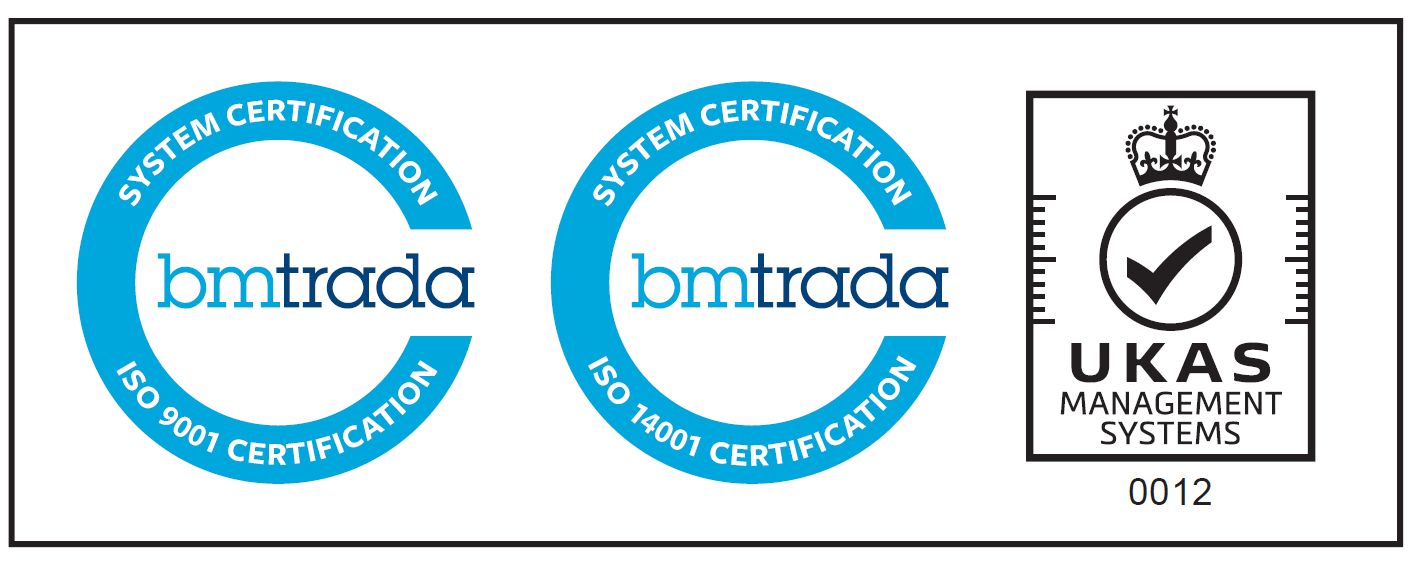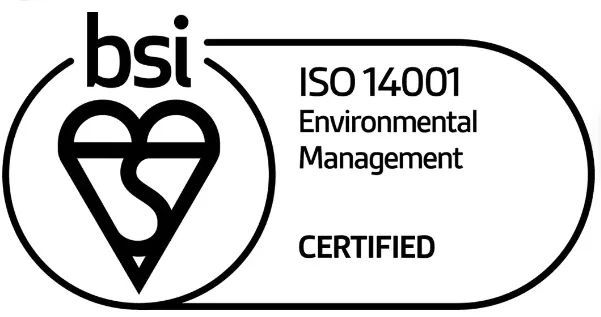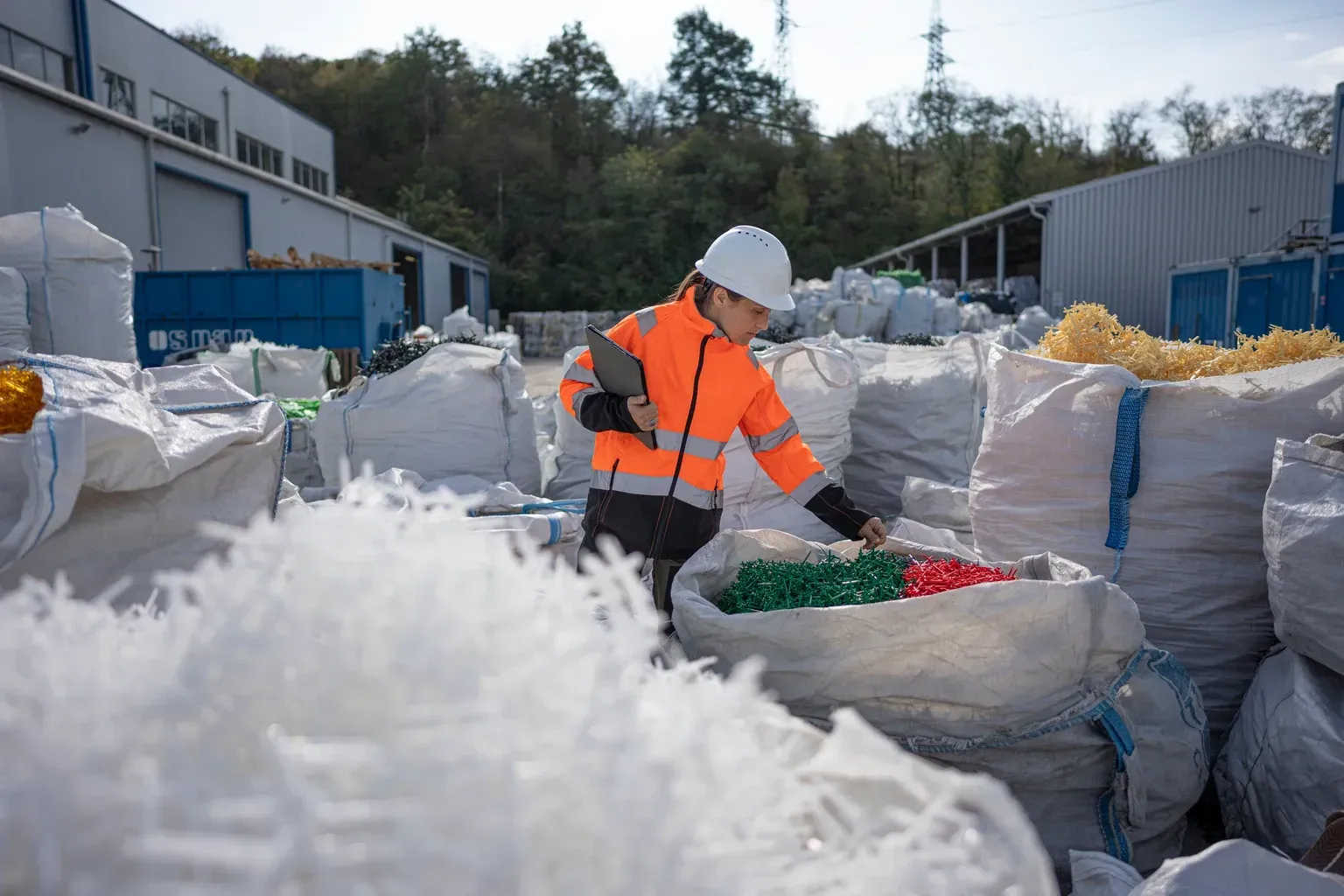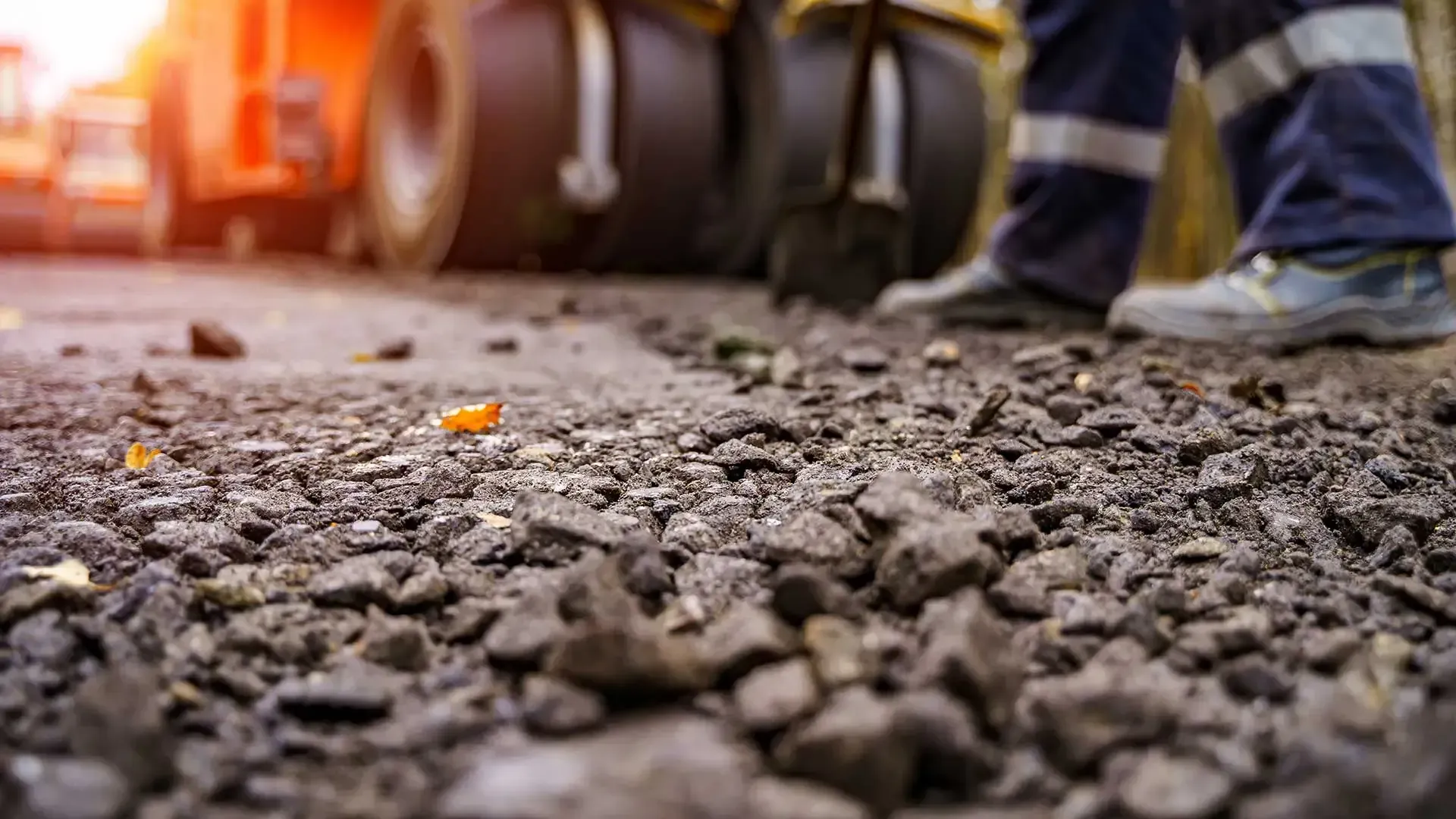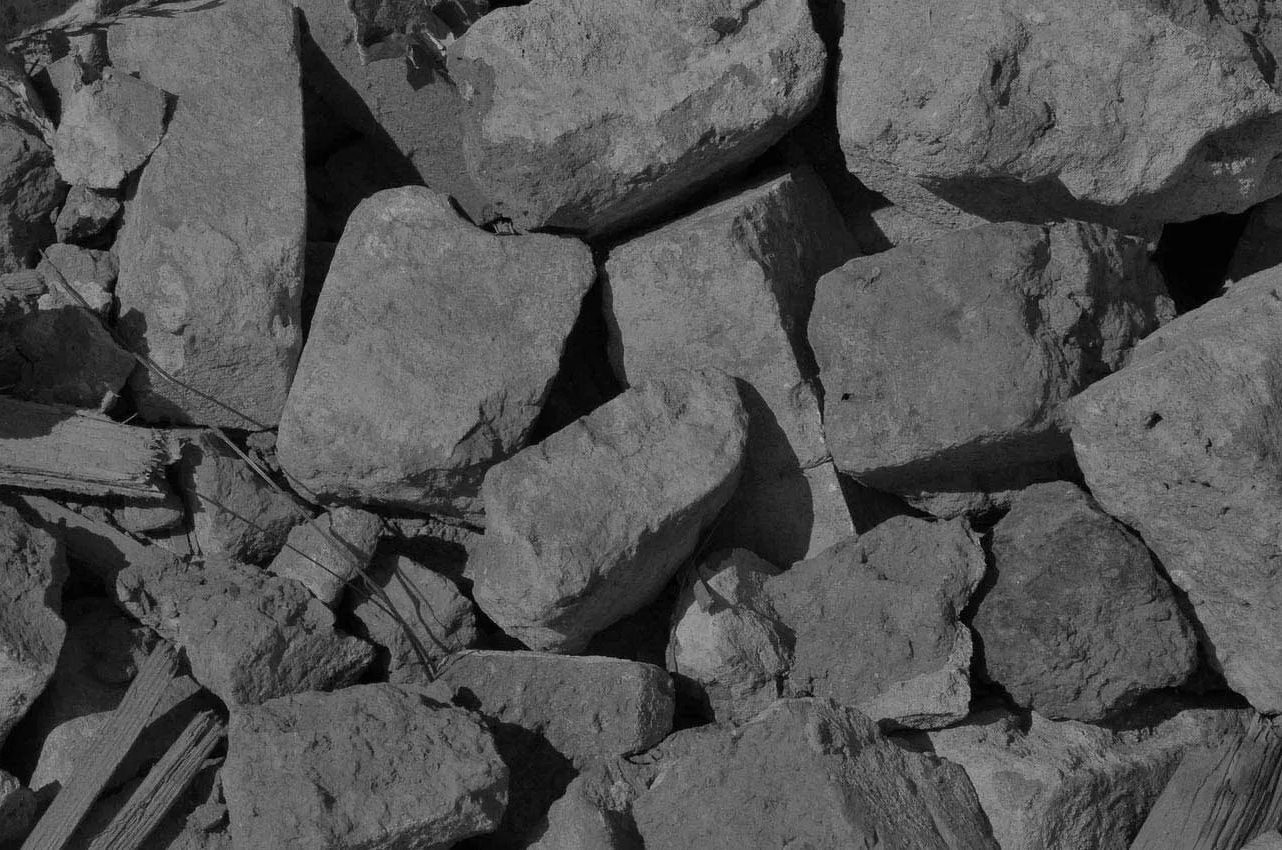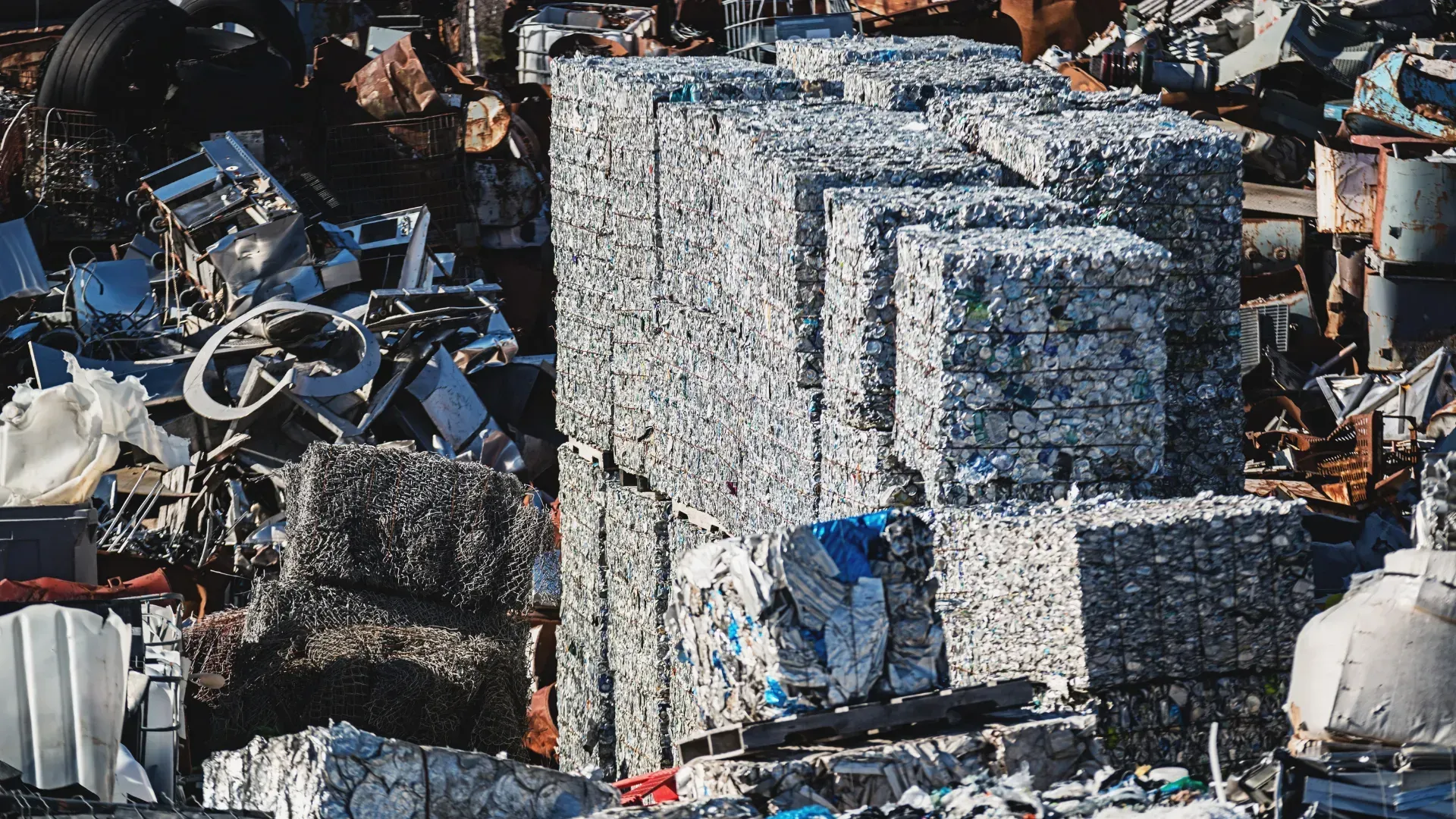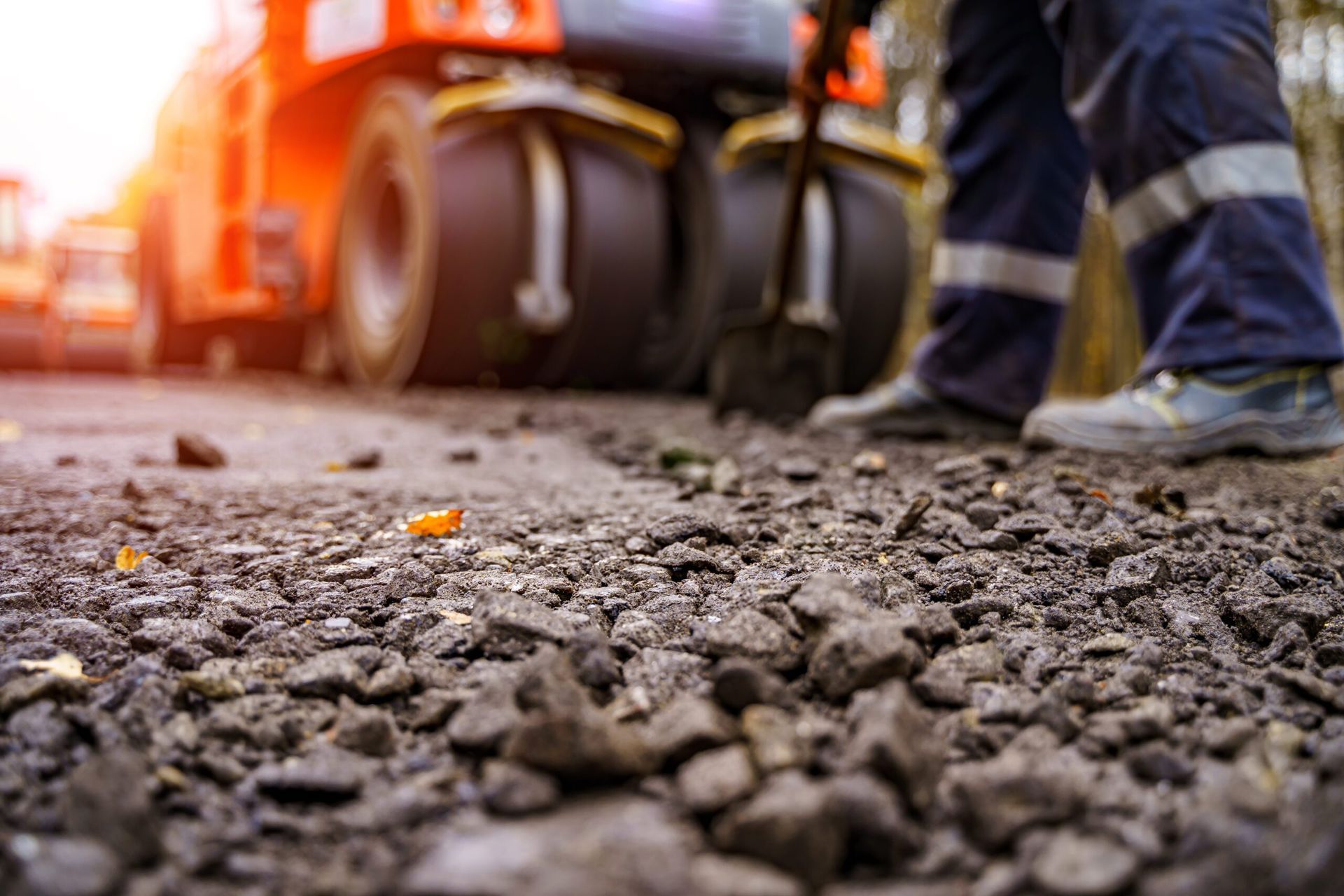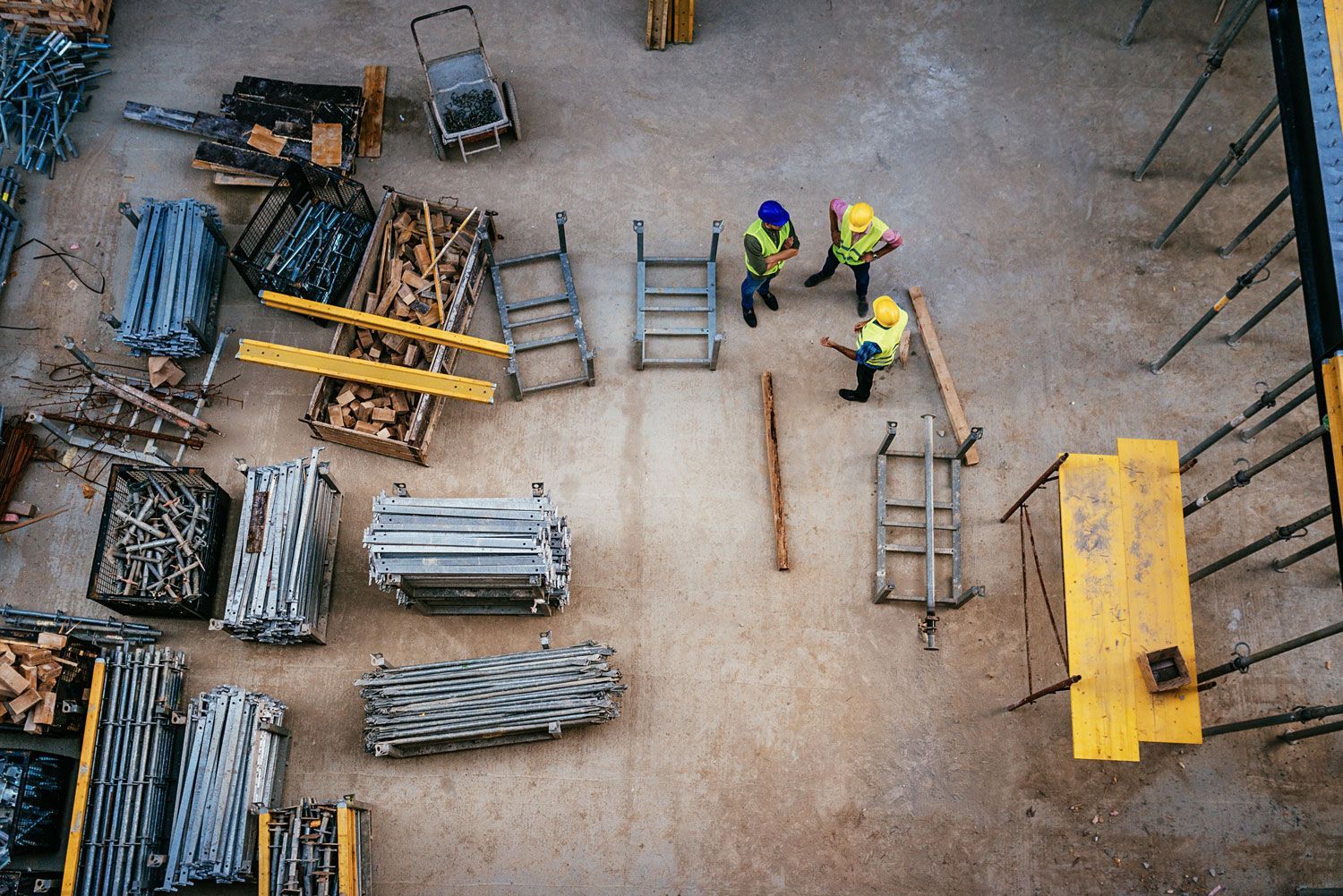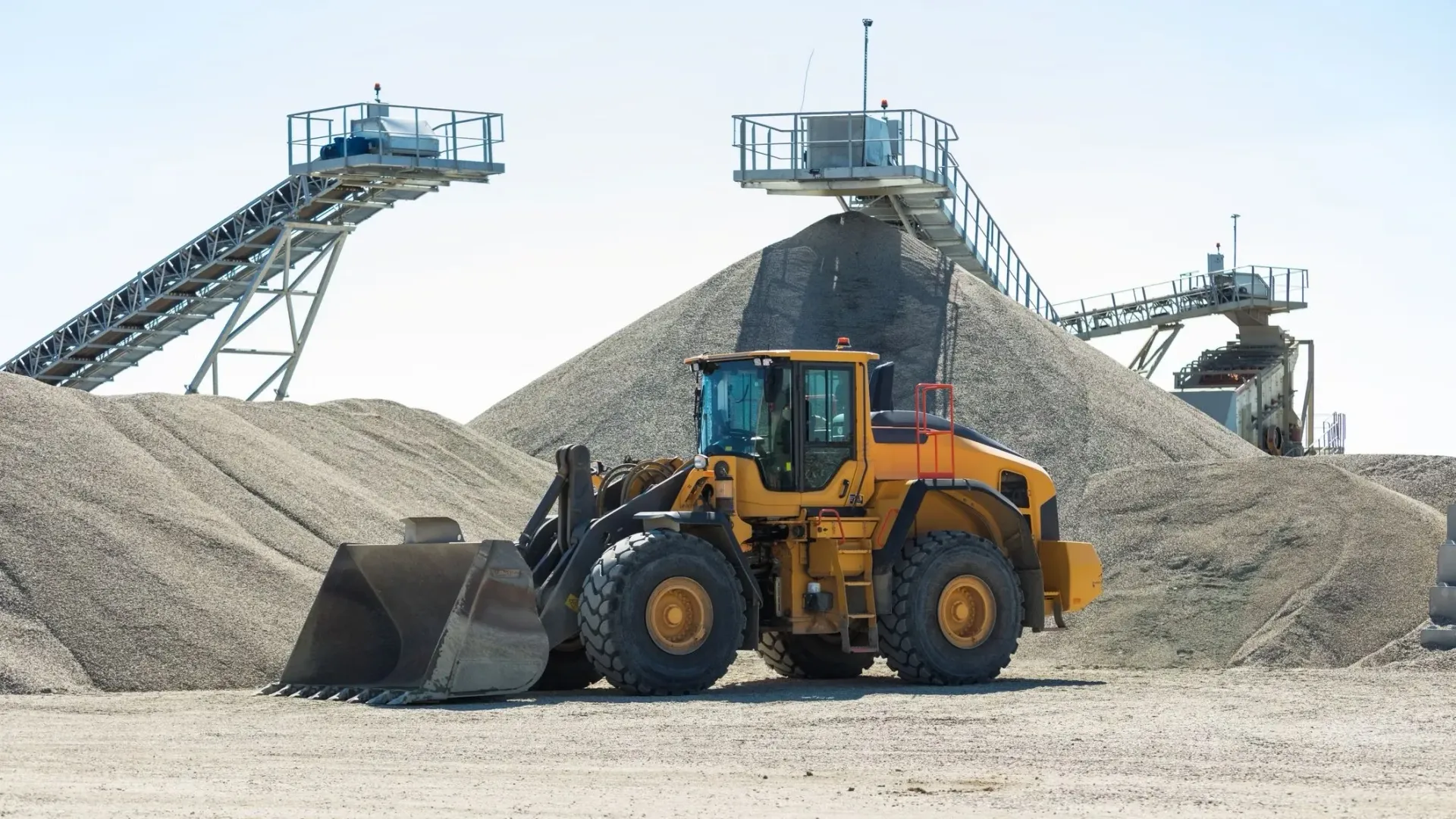The Science Behind Landfill: A Guide to Waste Decomposition
Landfills play a crucial role in waste management, providing a solution for waste disposal when recycling or other methods aren't feasible. However, the process of waste decomposition within a landfill is complex. In this guide, we’ll explore how waste breaks down in landfill sites, the factors influencing decomposition, and why landfill services are vital for environmental health.
How Waste Decomposes in Landfills
When waste is buried in a landfill, decomposition begins almost immediately. Microorganisms, like bacteria, break down organic materials such as food and paper. This process happens in stages, taking months or even decades, depending on the materials.
Aerobic Decomposition
In the initial stages, when oxygen is still present, aerobic bacteria break down organic materials, producing carbon dioxide and water. However, as waste accumulates and oxygen is depleted, the process shifts to anaerobic decomposition.
Anaerobic Decomposition
As the landfill becomes more compacted and oxygen levels drop, anaerobic decomposition occurs. In this environment, microorganisms break down waste without oxygen, producing methane gas, which is a potent greenhouse gas. Proper management of landfill sites is crucial to prevent methane release.
Factors That Affect Decomposition Rates
Several factors influence the speed at which waste decomposes:
● Moisture Levels: Water is essential for microbial activity. Too much moisture can create leachate, which can contaminate the environment, while insufficient moisture can slow down decomposition.
● Temperature: Warmer temperatures speed up decomposition by encouraging microbial activity. In colder climates, decomposition slows down, meaning waste can remain in landfills for longer periods.
● Type of Waste: Organic materials like food waste decompose faster than plastics, metals, and glass, which can remain in landfills for centuries.
The Environmental Impact of Landfills
Landfills, while essential for waste management, can have significant environmental effects. Two major concerns are methane emissions and leachate production.
Methane is produced during anaerobic decomposition and is a potent greenhouse gas that contributes to climate change. Without proper management, methane can escape into the atmosphere, exacerbating global warming.
Leachate forms when water filters through waste, often becoming contaminated with harmful chemicals. If leachate is not effectively managed, it can seep into the soil and contaminate nearby water sources, posing a serious threat to the environment and public health.
The Importance of Proper Landfill Services
To mitigate these environmental risks, proper landfill services are essential. Responsible landfill management ensures that landfill sites operate efficiently and in an environmentally conscious manner.
Effective landfill services include:
● Monitoring methane emissions and leachate to prevent harmful release into the atmosphere and surrounding environments.
● Waste segregation to ensure that hazardous materials are handled appropriately and to reduce contamination.
● Optimising space in the landfill to maximise the lifespan of the site and ensure it is used efficiently.
● Safely compacting and covering waste to minimise exposure to the elements and prevent environmental harm.
Responsible Landfill Services in Scotland
At WM Thompson & Sons, we provide comprehensive landfill services for responsible waste management. With years of experience, we ensure safe waste disposal with minimal environmental impact. Whether for construction or commercial needs, we offer tailored landfill solutions to meet your requirements. Contact us today to learn more.
